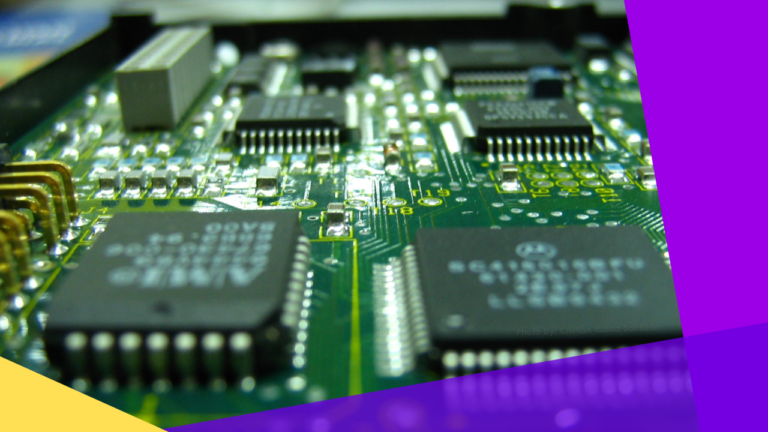AI Catalyst
AI Staff Communication & Coordination
AI Staff Communication & Coordination enhances operational efficiency by automating task assignments, staff scheduling, and real-time updates for smooth workflow and improved guest experience.
70%
On this page:
Overview
AI Staff Communication & Coordination leverages automation to streamline team communication, task assignments, and scheduling within hospitality businesses. It uses real-time data to dynamically adjust staffing, automate requests, and keep staff informed, improving internal communication and collaboration.
Effective coordination is essential in the fast-paced hospitality industry, where miscommunication and delays can lead to service bottlenecks and guest dissatisfaction. Businesses can achieve more seamless operations and quicker response times, ultimately elevating the guest experience.
- Task Overlap and Gaps: Without streamlined communication, staff may duplicate efforts or miss important tasks, impacting efficiency.
- Scheduling Conflicts: Managing complex schedules manually leads to errors, leading to understaffing or overstaffing.
- Delayed Response: Traditional coordination methods slow down response times, resulting in delayed service and dissatisfied guests.
Key Benefits
AI ensures all tasks are assigned effectively, eliminating duplication and oversight.
Keeps the entire team updated on urgent tasks or changes, facilitating smoother operations.
Uses data to create staff schedules that align with demand, reducing errors and adjusting to real-time needs.
By automating time-consuming coordination tasks, AI allows staff to focus more on guest interactions.
Departments can easily coordinate, share updates, and reduce miscommunication between housekeeping, reception, and management.
Provides insights into staff performance, task completion rates, and operational bottlenecks, allowing continuous improvement.
Our Model
Understand the client’s communication and coordination needs and any unique staffing challenges.
Define KPIs related to efficiency, response time, and service quality.
Configure the AI to manage task allocation, real-time updates, and staff coordination.
Connect the system with existing communication channels or management platforms.
Provide training to ensure smooth adoption and maximize benefit from the automation tools.
Regularly monitor performance metrics and adjust configurations to refine efficiency.
Myths
AI supports management by reducing repetitive tasks, allowing leaders to focus on critical decision-making.
AI can be configured to provide clear, personalized messages, and 65% of employees report easier coordination with automation tools.
AI systems are customizable to fit specific roles, needs, and workflows in hospitality settings.
AI can adjust staffing based on real-time data, managing sudden changes seamlessly.
AI solutions are user-friendly, and initial training leads to fast and effective adoption across teams.
AI enhances human work by taking on routine tasks, allowing staff to focus on guest-centric activities.
AI coordination systems are scalable, benefiting businesses of all sizes by improving communication and efficiency.
AI scheduling can incorporate staff availability and preferences, improving satisfaction and work-life balance.
AI can support multi-department coordination and task tracking with ease, especially in large facilities.
AI interfaces are intuitive, and most systems are designed for ease of use across all age groups.
FAQs
AI assigns tasks based on predefined roles and priorities, ensuring that essential work is managed effectively.
Yes, AI processes real-time information and dynamically updates schedules and tasks.
AI can send reminders or escalate notifications, ensuring key updates are received by the right team members.
Yes, communication can be customized for individual departments, allowing relevant updates for each.
AI systems follow strict data security protocols, protecting sensitive employee and business information.
AI tracks task progress and completion rates, allowing managers to monitor performance.
AI is highly customizable and can be configured to meet specific operational needs and staff preferences.
Small hotels see improved efficiency, more accurate scheduling, and smoother internal communication.
Yes, many AI systems support multiple languages, facilitating communication in diverse teams.
AI can integrate with most scheduling and communication platforms, enhancing your current system.


